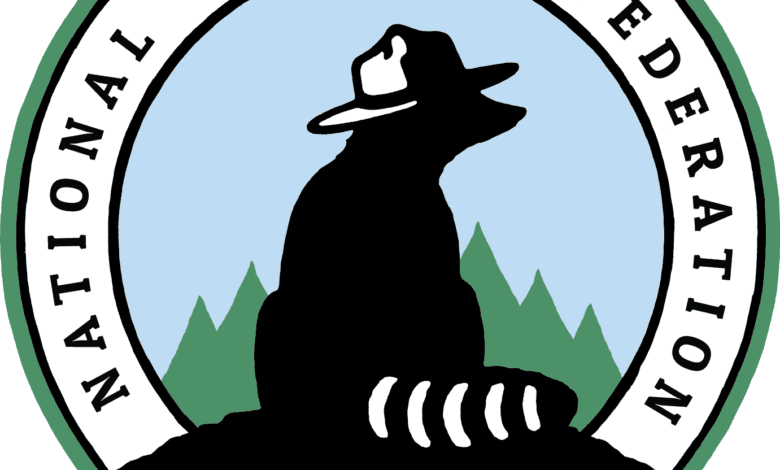Trump Administration’s Interpretation of 100-Year-Old Law Creates Uncertain Future for Migratory Bird Protections

WASHINGTON, D.C. (January 30, 2020) — Proposed changes to how the Migratory Bird Treaty Act is enforced will reduce protections for wildlife at a time when birds are facing unprecedented challenges and declines. The National Wildlife Federation urged the U.S. Fish and Wildlife Service to reverse course on its decision to drop enforcement of “incidental” killing of migratory birds under the Migratory Bird Treaty Act.
“Over the past 40 years bird populations have declined by nearly 30 percent. Despite this, the Trump administration is moving to weaken protections for migratory birds in ways that are fundamentally inconsistent with the Migratory Bird Treaty Act,” said Collin O’Mara, president and CEO of the National Wildlife Federation. “The rule sends an irresponsible — and legally incorrect — signal to industry that common-sense measures to protect birds like the snowy egret, wood duck and greater sandhill crane are no longer needed. We urge the Trump administration to reverse course and restore protections for America’s birds.”
In 2018, the National Wildlife Federation, along with a coalition of environmental groups, jointly sued the U.S. Fish and Wildlife Service over the decision, arguing that this interpretation of the bedrock law is illegal.
For many decades, both Republican and Democrat administrations have worked with industry to ensure that various practices and projects do not unintentionally kill large numbers of birds. The Interior Department’s new polices disregard the language of the Migratory Bird Treaty Act by allowing birds to be killed at any time, by any means or in any manner — as long as the purpose is not specifically to kill birds.
Seventeen former, high-level Department of the Interior officials have railed against this rollback, saying that it “needlessly undermines a history of great progress, undermines the effectiveness of the migratory bird treaties and diminishes U.S. leadership.” As a result of the rollback, earlier this month the House Natural Resources Committee passed the Migratory Bird Protection Act to supplement the protections for migratory birds that will be lost through the Department of Interior’s changes to how the Migratory Bird Treaty Act is interpreted.
Visit the National Wildlife Federation Media Center at NWF.org/News.
The National Wildlife Federation is America’s largest conservation organization uniting all Americans to ensure wildlife thrive in a rapidly-changing world. Follow us on Facebook, Twitter, and Instagram.
